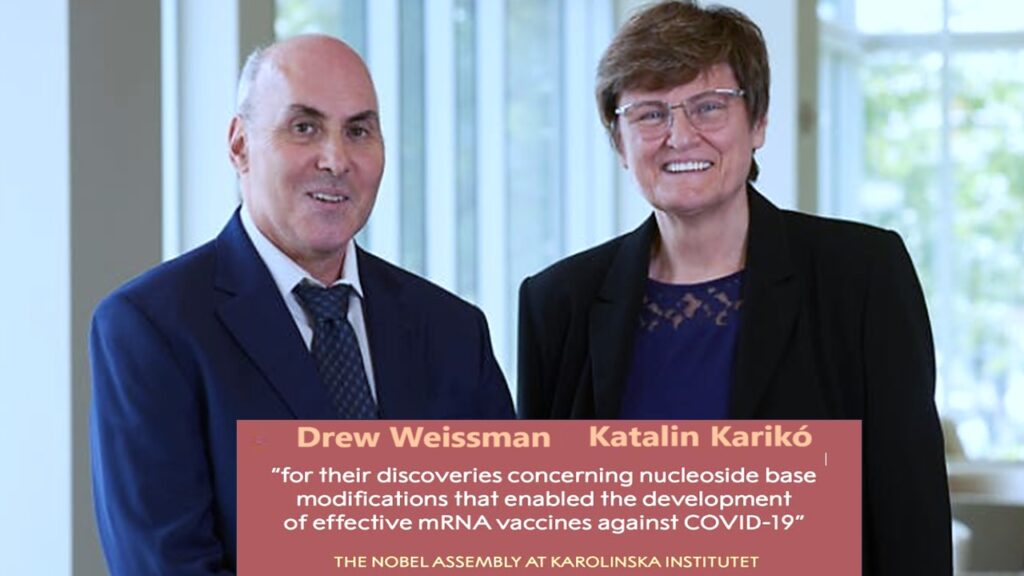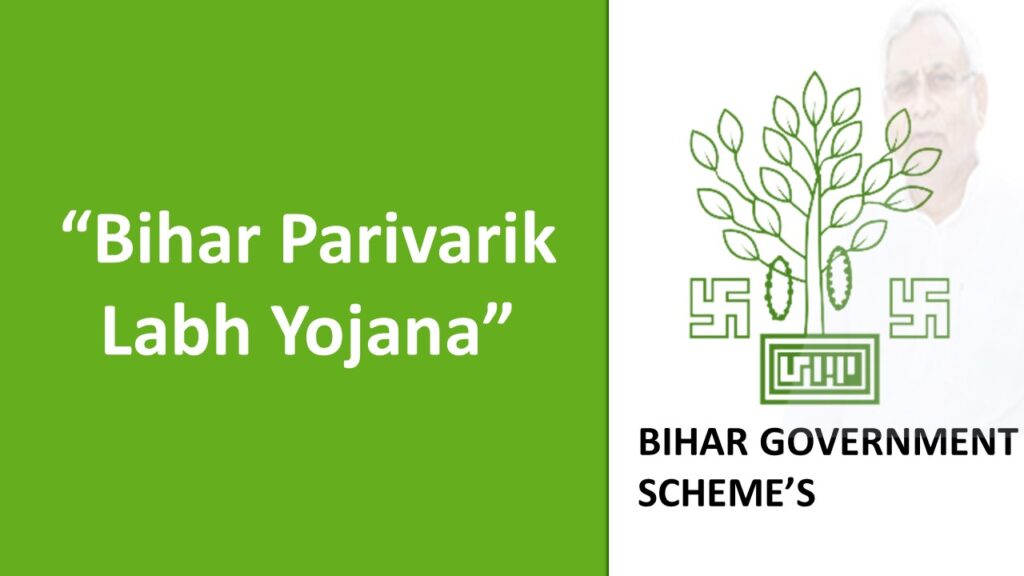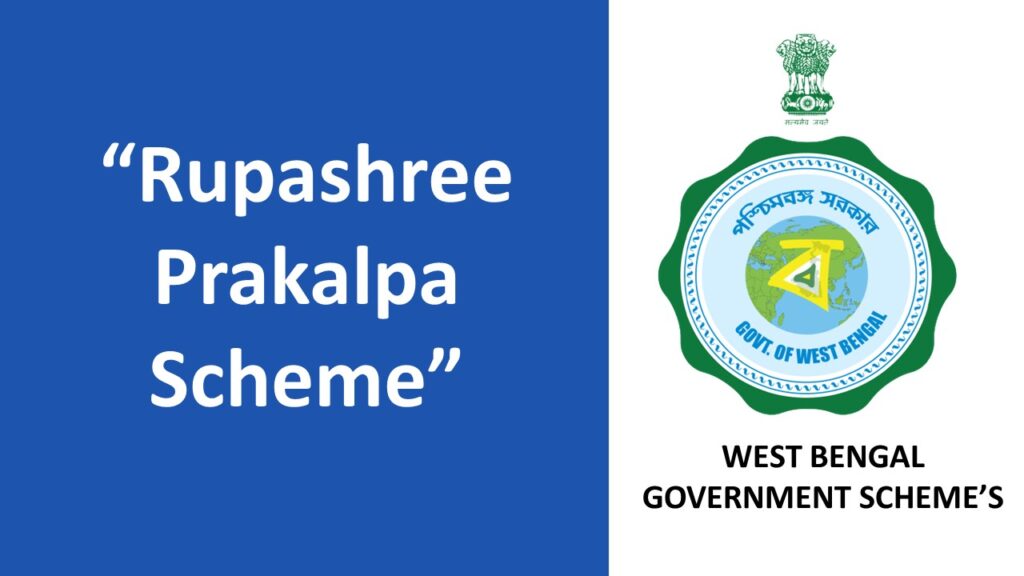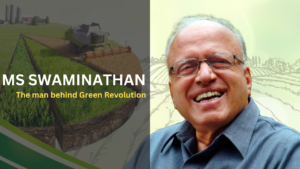Nobel Prize 2023 in Medicine or Physiology was conferred upon Katalin Karikó and Drew Weissman. They were recognized for their groundbreaking work on nucleoside base modifications that paved the way for the development of highly effective mRNA vaccines against COVID-19. The laureates’ discoveries played a pivotal role “in the creation of potent mRNA vaccines against COVID-19 during the onset of the pandemic in early 2020,” as articulated in an official statement released on the Nobel Prize’s website.
Nobel Prize 2023 in Medicine or Physiology
Nobel Prize for Physiology or Medicine in 2023 was collectively presented to Katalin Karikó and Drew Weissman. Their pioneering work on nucleoside base modification, which facilitated the creation of highly efficient mRNA vaccines against COVID-19, was announced by The Royal Swedish Academy of Science on October 2, 2023.
Karikó and Weissman’s research unveiled that in vitro produced mRNA triggers dendritic cells to perceive it as foreign, leading to their activation and the subsequent release of inflammatory signaling molecules. They further determined specific attributes necessary to distinguish various mRNA types. In their studies presented in 2008 and 2010, Karikó and Weissman demonstrated that the introduction of mRNA with base modifications substantially augmented protein synthesis in comparison to unaltered mRNA.
There revolutionary discoveries, which have fundamentally reshaped our comprehension of how mRNA engages with our immune system, played a pivotal role in the extraordinary speed at which vaccines were developed during one of the most significant health crises in recent history, stated the press release.
Discovery of mRNA Vaccine
Back in the 1990s, biochemist Katalin Karikó recognized the therapeutic potential of mRNA. However, it wasn’t until 2005 that her collaborative research with immunologist Drew Weissman bore fruit with the publication of a paper delving into the influence of nucleoside modification on the immune system.
Subsequent research papers released in 2008 and 2010 built upon the initial breakthrough. These efforts led to a refinement that lessened inflammatory reactions while boosting protein production. This pivotal advancement removed significant barriers that had previously impeded the clinical utilization of mRNA.
mRNA Vaccine

In the cells of our body, DNA genetic information is transcribed into messenger RNA (mRNA), which serves as a blueprint for protein synthesis. In the 1980s, the introduction of efficient methods for producing mRNA outside of cell culture, known as in vitro transcription, marked a significant leap forward for molecular biology applications across various fields. The concept of using mRNA technologies for vaccines and therapies emerged during this period, but faced significant challenges. In vitro transcribed mRNA was initially considered unstable and difficult to deliver, necessitating the development of intricate carrier lipid systems for mRNA encapsulation. Additionally, in vitro-produced mRNA led to inflammatory responses. Consequently, initial enthusiasm for clinical applications of mRNA technology was limited.
Despite these hurdles, Hungarian biochemist Katalin Karikó remained steadfast in her commitment to harnessing mRNA for therapeutic purposes. In the early 1990s, while serving as an assistant professor at the University of Pennsylvania, she persevered in her vision of realizing mRNA’s therapeutic potential, even in the face of challenges in convincing research funders of her project’s significance. At her university, she found a like-minded collaborator in immunologist Drew Weissman, who was intrigued by dendritic cells’ pivotal role in immune surveillance and vaccine-induced immune responses. Fueled by innovative ideas, their collaboration flourished, with a primary focus on understanding how different RNA types interact with the immune system.
mRNA Vaccines Against COVID-19
The significance of mRNA technology started gaining traction, and by 2010, numerous companies were actively engaged in its development. Research and development efforts were directed towards creating vaccines for Zika virus and MERS-CoV, with the latter being closely related to SARS-CoV-2. With the onset of the COVID-19 pandemic, two mRNA vaccines, incorporating nucleoside base modifications and encoding the SARS-CoV-2 surface protein, were rapidly developed. These vaccines demonstrated protective efficacy of approximately 95%, leading to their swift approval as early as December 2020.
Various other vaccines targeting SARS-CoV-2, utilizing diverse approaches, were swiftly brought to the forefront. Collectively, over 13 billion doses of COVID-19 vaccines have been administered worldwide. These vaccines have been instrumental in saving millions of lives and averting severe illness in countless others, facilitating the reopening of societies and a return to normalcy. The Nobel laureates of this year made indispensable contributions to this groundbreaking advancement by uncovering the crucial role of base modifications in mRNA, particularly during one of the most significant health crises in recent history.
Katalin Karikó and Drew Weissman
Katalin Karikó and Drew Weissman are distinguished figures in the field of RNA research, particularly known for their groundbreaking contributions to mRNA technology.
Katalin Karikó
Katalin Karikó was born in 1955 in Szolnok, Hungary. She completed her PhD at Szeged’s University in 1982 and pursued postdoctoral research at the Hungarian Academy of Sciences in Szeged until 1985. Following that, she continued her postdoctoral work at Temple University, Philadelphia, and the University of Health Science, Bethesda. In 1989, she assumed the role of Assistant Professor at the University of Pennsylvania, where she stayed until 2013. Afterward, she took on the roles of vice president and later senior vice president at BioNTech RNA Pharmaceuticals. Since 2021, she has held positions as a Professor at Szeged University and an Adjunct Professor at Perelman School of Medicine at the University of Pennsylvania.
Drew Weissman
Drew Weissman was born in 1959 in Lexington, Massachusetts, USA. He earned his MD and PhD degrees from Boston University in 1987. His clinical training took place at Beth Israel Deaconess Medical Center at Harvard Medical School, and he conducted postdoctoral research at the National Institutes of Health. In 1997, Weissman established his research group at the Perelman School of Medicine at the University of Pennsylvania. He currently holds the position of Roberts Family Professor in Vaccine Research and serves as the Director of the Penn Institute for RNA Innovations.
Background Nobel Prize in Medicine or Physiology
The Nobel Prize in Physiology or Medicine serves as a testament to the remarkable contributions of scientists and researchers who have dedicated their careers to advancing medical knowledge and improving the health and well-being of humanity. In recognition of Max Theiler work on the yellow fever vaccine, was honored with the Nobel Prize in Physiology or Medicine in 1951.
As vaccination triggers the body’s immune system to generate a protective response against a specific pathogen. This prepares an infected body to combat the disease more effectively if it encounters the pathogen later on. Vaccines that rely on inactivated or weakened viruses have been in use for a considerable time, as seen in examples like the vaccines for polio, measles, and yellow fever.
Nobel Prize 2023
The announcement of Nobel Prize 2023 winners will be made daily from Monday, October 2 to October 9, 2023. The official website has provided the detailed schedule for the Nobel Prize.
The Nobel Prize is presented in the following categories:
- Physiology or Medicine: Recognizing remarkable contributions in the field of medical science and physiology.
- Physics: Honoring extraordinary achievements in the realm of physics and our understanding of the physical universe.
- Chemistry: Commemorating groundbreaking discoveries and advancements in the field of chemistry.
- Literature: Recognizing outstanding literary works and contributions to the world of literature.
- Peace: Awarded to individuals or groups who have made significant efforts to promote peace and resolve conflicts.
- The Sveriges Riksbank Prize in Economic Sciences in Memory of Alfred Nobel: Acknowledging outstanding contributions to the field of economics.
These prestigious awards are presented annually to individuals or organizations that have made significant and enduring contributions to humanity in these respective fields.
Nobel Prize 2023 Winners List
Every year, beginning in November of the previous year, thousands of letters across the world are sent to the Swedish Academy, endorsing well celebrated and little-known authors for the Nobel Prize. The Nobel Prize 2023 Winners List have been mentioned below in the table:
| Nobel Prize 2023 Field | Nobel Prize 2023 Received by |
| Medicine or Physiology | Katalin Karikó and Drew Weissman |
| Physics | Anne L’Huillier, Pierre Agostini, and Ferenc Krausz |
| Chemistry | Moungi Bawendi, Louis Brus and Alexey Ekimov |
| Litetrature | Norwegian Author Jon Fosse |
| Peace | Will be Updated on 6th October |
| The Sveriges Riksbank Prize in Economic Sciences in Memory of Alfred Nobel | Will be Updated on 9th October |







